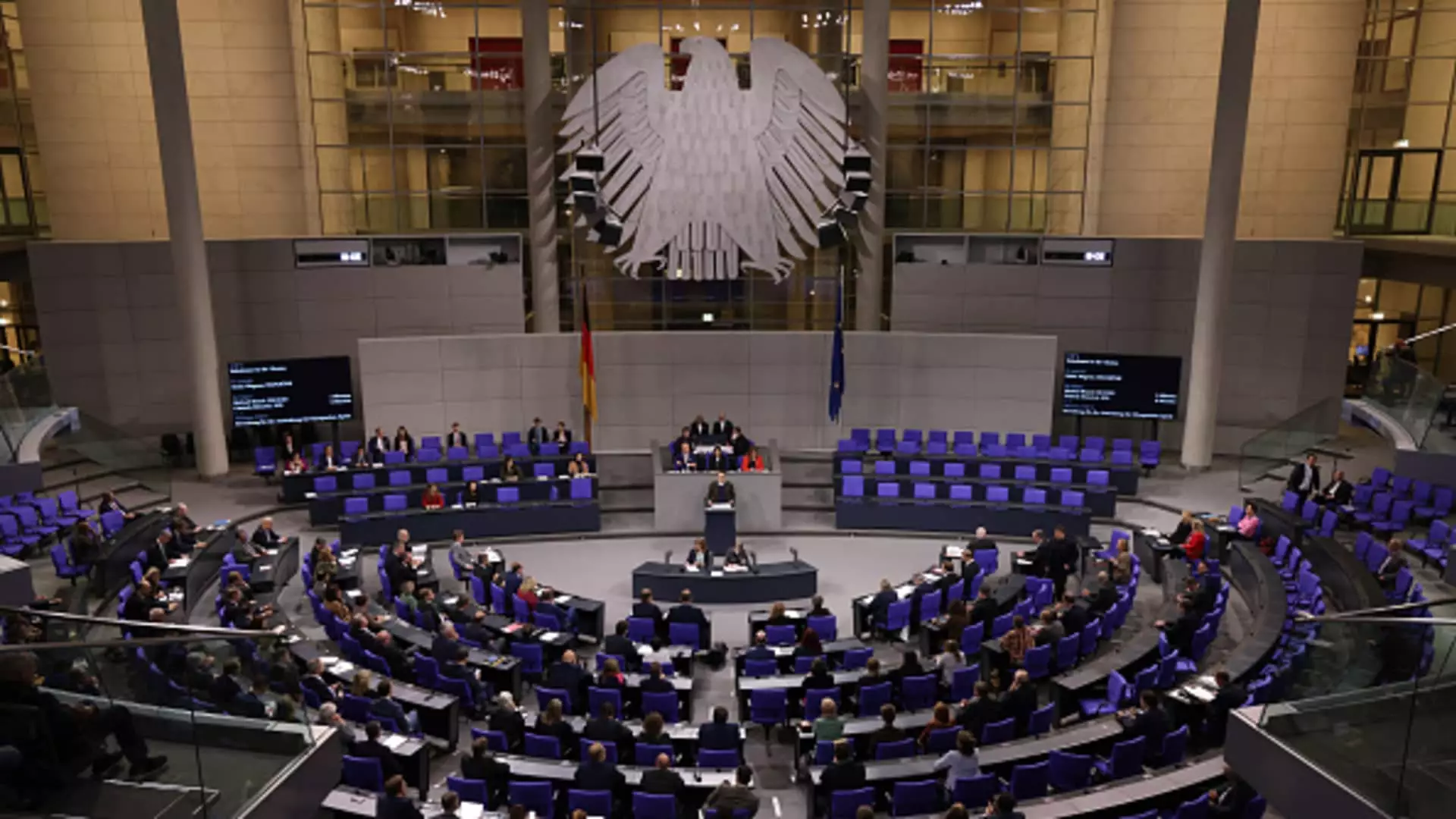In a significant move, President Frank-Walter Steinmeier announced the dissolution of Germany’s Bundestag, initiating a snap election scheduled for February 23. This decision comes on the heels of the recent breakdown of Chancellor Olaf Scholz’s three-party coalition government. Steinmeier’s call for early elections reflects not just a reaction to the political turmoil but also an urgency for a government that can effectively navigate the challenges facing Germany today.
During his announcement, President Steinmeier emphasized the necessity of a stable government, particularly in turbulent times. He articulated that a functional government with a reliable parliamentary majority is essential for effective governance. The essence of democracy hinges on problem-solving capabilities, which Steinmeier believes must return to the forefront of political discourse. His remarks resonate with a public seeking clarity and decisive action rather than perpetuated instability.
Steinmeier raised critical concerns about the electoral process, highlighting the need for fairness and transparency. In a world increasingly affected by external influences, particularly through social media, the integrity of electoral campaigns must be safeguarded. He referenced recent interference in elections, pointing out threats that could jeopardize the democratic process. Such commentary underscores the fragility of democratic institutions in modern times, urging all stakeholders to prioritize ethical standards above partisan interests.
Chancellor Scholz’s government, composed of the Social Democrats (SPD), the Free Democrats (FDP), and the Greens, faced a significant challenge after the FDP’s withdrawal, leading to a loss of parliamentary majority. The confidence vote that resulted in Scholz’s precarious position has set the stage for an intense electoral campaign. With opposition leader Friedrich Merz of the Christian Democrats (CDU) gaining traction in polls, the narrative is shifting toward a critique of the incumbent government’s regulatory approach, which some argue has hindered economic growth.
Current polls illustrate a shifting political landscape, with the CDU holding a lead over the SPD and the far-right Alternative for Germany (AfD) creeping up in popularity as well. This competitive environment presents a unique set of challenges and opportunities for all parties involved. The reluctance of mainstream parties to engage with the AfD complicates coalition-building, suggesting that the next government may face difficulties in securing a stable and united front.
As Germany gears up for this unexpected electoral bout, the implications of the outcomes will reverberate throughout the nation and beyond. The urgency for effective governance, alongside a commitment to uphold democratic integrity, sets the stage for a pivotal moment in the country’s political history. With public sentiment poised to shift rapidly and external influences lurking in the background, the focus now turns to the electorate and how they will respond to the pressing need for leadership amid ongoing challenges. The upcoming elections are not merely a vote; they represent a critical juncture for Germany’s future trajectory.


Leave a Reply